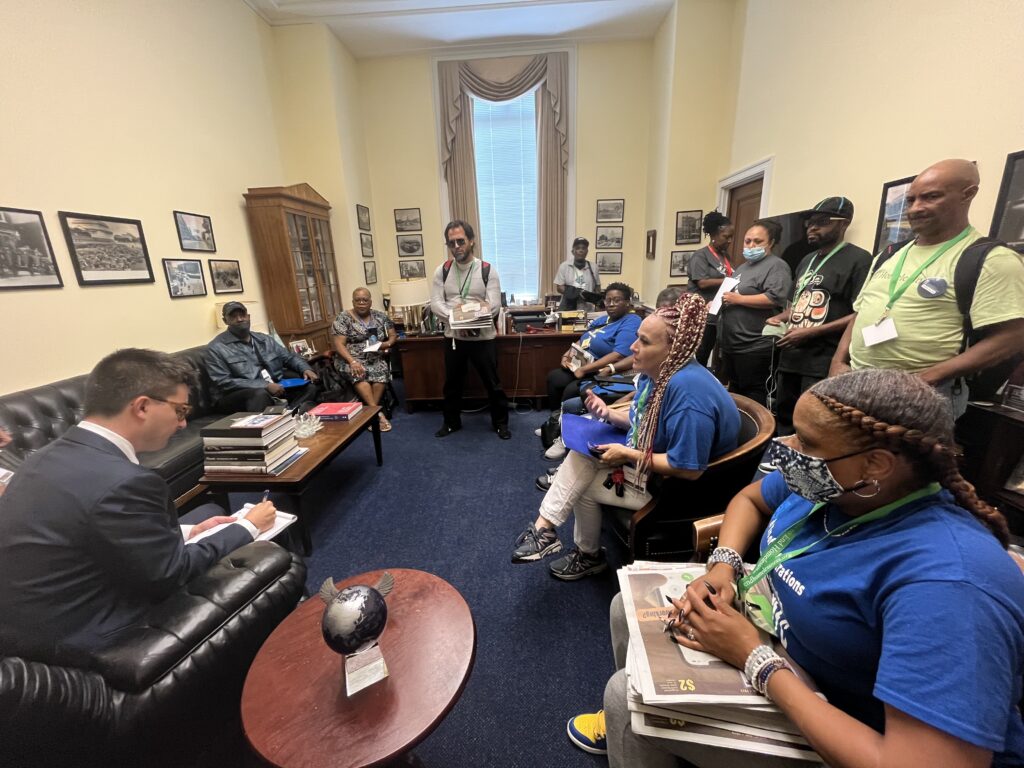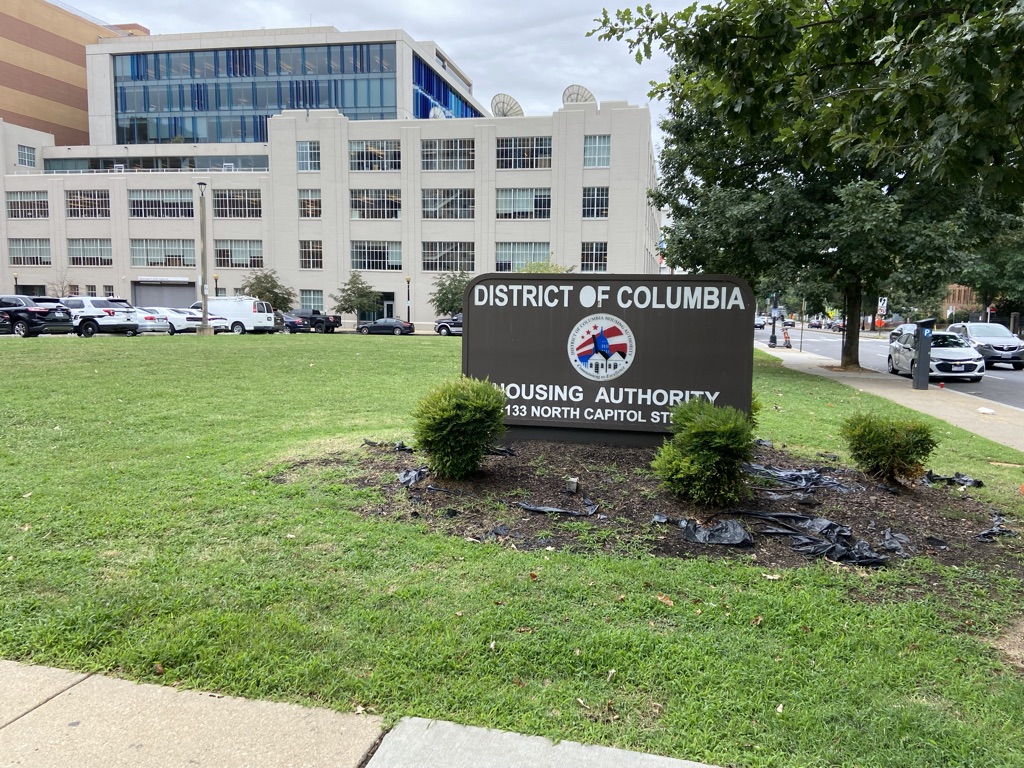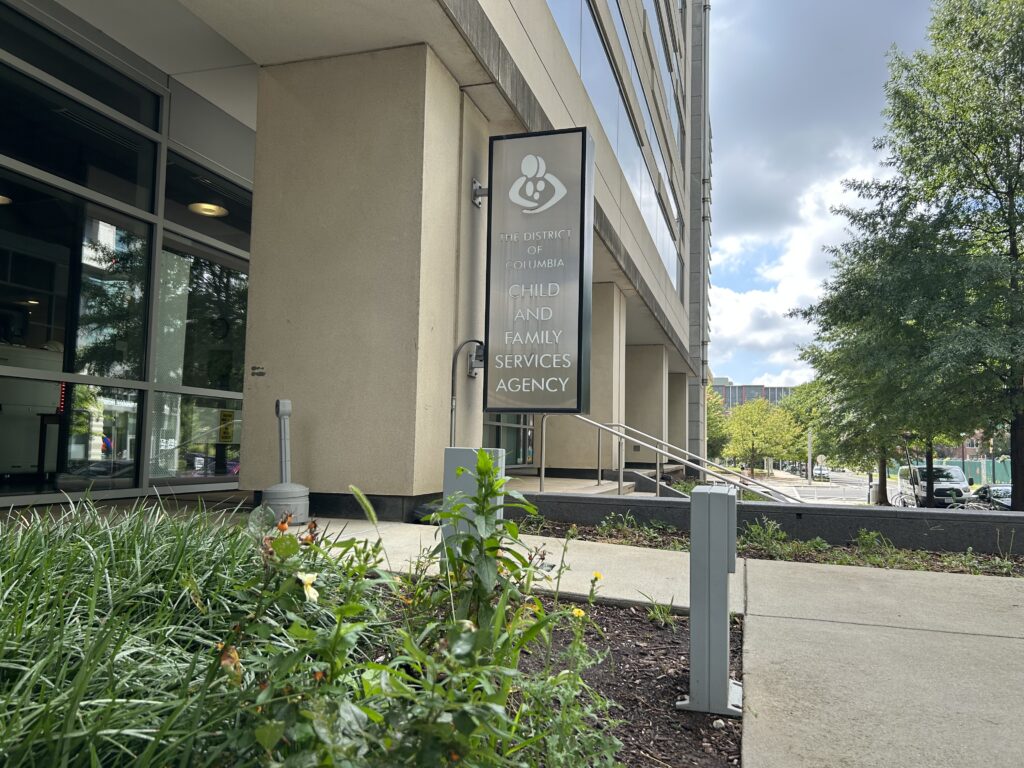Over 400 people streamed in and out of Capitol Hill on July 19 with a simple request: Help us end homelessness.
Advocates, homeless service providers, officials and people with lived experiences of homelessness from across the nation were in D.C. for the National Alliance to End Homelessness’ (NAEH) annual conference.
For the first time since 2019, they were participating in NAEH’s Capitol Hill Day, meeting with 220 representatives and senators to demand more funding to support homeless services programs. The Senate fiscal year 2024 appropriations bill, released one day later, reflected measures recommended by the NAEH.
Conference attendees called on legislators to add $200 million in fiscal year 2024 for federal Homeless Assistance Grants, a broad category including money for shelters, case management and housing programs that is distributed to states. They asked for some of that money to go to cost-of-living increases for staff in housing, shelter and outreach programs. Advocates also demanded a $2.4 billion increase for the Housing Choice Voucher Program.
The Senate’s draft appropriations bill includes an increase of $275 million for Homeless Assistance Grants, $25 million of which will fund raises for homeless services staff. It also provides a $1.5 billion increase to the Housing Choice Voucher Program, part of which will fund 4,000 new vouchers, targeted at veterans and youth leaving foster care. The bill will also meet another request that allows states to apply for funding every other year instead of every year. The application process can be arduous, according to conference attendees who spoke about it — many let out a cheer when NAEH announced they’d be advocating to change the guidelines.
“Ending homelessness is good for everyone in our communities,” Steve Berg, NAEH chief policy officer said at a conference-wide session. “We need to take funding to scale and policy to the next level and we need the help of the U.S. Congress to do that.”
The Senate will ultimately have to come to an agreement with the House, which proposed smaller increases and in some cases cuts to affordable housing and homelessness programs.
Advocates also spoke to lawmakers about stopping legislation that would criminalize or politicize homelessness, including a bill that would prevent some areas from using the “Housing First” strategy to end homelessness.
A group of about a dozen people from Washington, D.C., led by members of the People for Fairness Coalition, met with staffers from Rep. Eleanor Holmes Norton’s office (and very briefly, Norton herself). During the meeting, D.C. residents called for the United States to institute a universal right to housing, make it easier for returning citizens to find housing and make it easier to rent with a voucher.
While NAEH highlighted specific budget demands, many people at the conference suggested the United States needs to implement larger changes, such as halting evictions or making the Emergency Rental Assistance Program permanent. Representative Cori Bush, who herself has experienced homelessness, called for the federal government to overhaul a larger system she says punishes people for being in poverty.
“A lot of it comes from policy violence,” Bush said at one of the sessions. “We can’t stop because every single moment somebody needs housing, and it makes me emotional because people die when we don’t help.”
Bush announced at the conference she would reintroduce her “Unhoused Bill of Rights,” which challenges the federal government to end homelessness, declare homelessness a public health emergency and provide universal rental assistance, among other recommendations.







